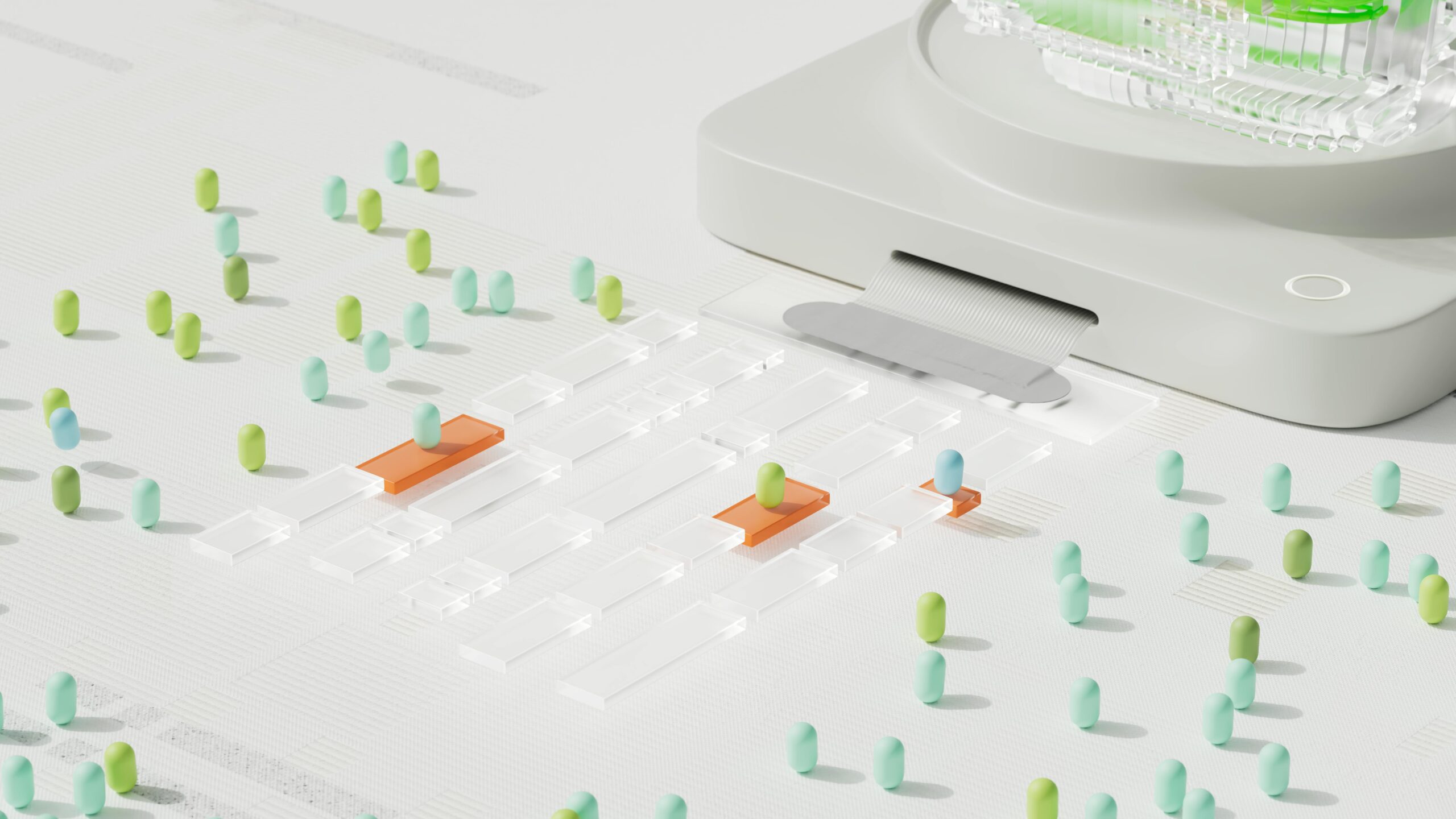In a bold move, Klarna recently announced they are moving away from using well-established SaaS platforms like Salesforce and Workday. Instead, they are relying on an internal AI-driven solution to replicate — and, in some cases, surpass — decades of customization and workflow automation offered by these industry giants.
This shift raises a critical question for the broader SaaS industry: How sticky are enterprise solutions, really? For years, software-as-a-service has been heralded as the backbone of digital transformation. Once deeply embedded in an enterprise’s workflow, these platforms often require long-term contracts and extensive configurations that seem irreplaceable. However, Klarna’s pivot challenges that narrative.
AI: The SaaS Disruptor?
Klarna’s internal team has leveraged AI to rethink its tech stack from first principles. By standardizing processes and reducing complexity, they’ve created a more agile, lightweight solution that appears to deliver higher quality and operational effectiveness — without the hefty licensing fees of traditional SaaS platforms.
Their bold decision implies that AI isn’t just augmenting existing workflows; it’s enabling organizations to rebuild entire systems from the ground up. This capability raises a profound implication: If AI can replace 20+ years of deep integration, are we witnessing the beginning of the end for enterprise SaaS dominance?
What This Means for CIOs and IT Leaders
The ramifications extend beyond Klarna. CIOs and IT leaders at large enterprises could soon face pressure to reconsider their reliance on SaaS tools. Where the IT department’s role was once to optimize the procurement and deployment of these platforms, their mandate may now shift to identifying opportunities to replace them altogether with custom AI-driven solutions.
The financial stakes are high. Large enterprises often spend millions annually on SaaS products — Salesforce, Workday, SAP, and similar platforms. As companies like Klarna demonstrate the viability of in-house AI solutions, IT leaders will have to grapple with a new set of questions:
- Can AI replicate or surpass the value of long-standing SaaS investments?
- How will this shift impact data privacy, security, and scalability?
- Are the cost savings worth the potential risk of moving away from a trusted provider?
The Potential SaaS Exodus
It’s too early to say whether Klarna’s move will trigger an exodus from the major SaaS platforms. However, the possibility now exists. AI offers a way to radically rethink how enterprise software is designed, deployed, and scaled. In doing so, companies may find that the features, complexity, and high cost of enterprise SaaS solutions are no longer justifiable.
For now, enterprise SaaS vendors must consider the growing risk that their most loyal customers may start looking inward for AI-powered alternatives. The “stickiness” that has been their key selling point could erode as AI democratizes the ability to build sophisticated internal solutions.
As the enterprise tech landscape evolves, one thing is clear: SaaS providers can no longer rest easy, assuming that decades of customization and customer loyalty will keep them entrenched. AI has turned the tables, and companies like Klarna are proving that, in the world of enterprise software, nothing is too big to disrupt.
Klarna’s decision might be just the first domino to fall in what could become a widespread shift away from traditional SaaS solutions. Keep an eye on this trend — it could define the future of enterprise IT.
Unlock the Future of Business with AI
Dive into our immersive workshops and equip your team with the tools and knowledge to lead in the AI era.
